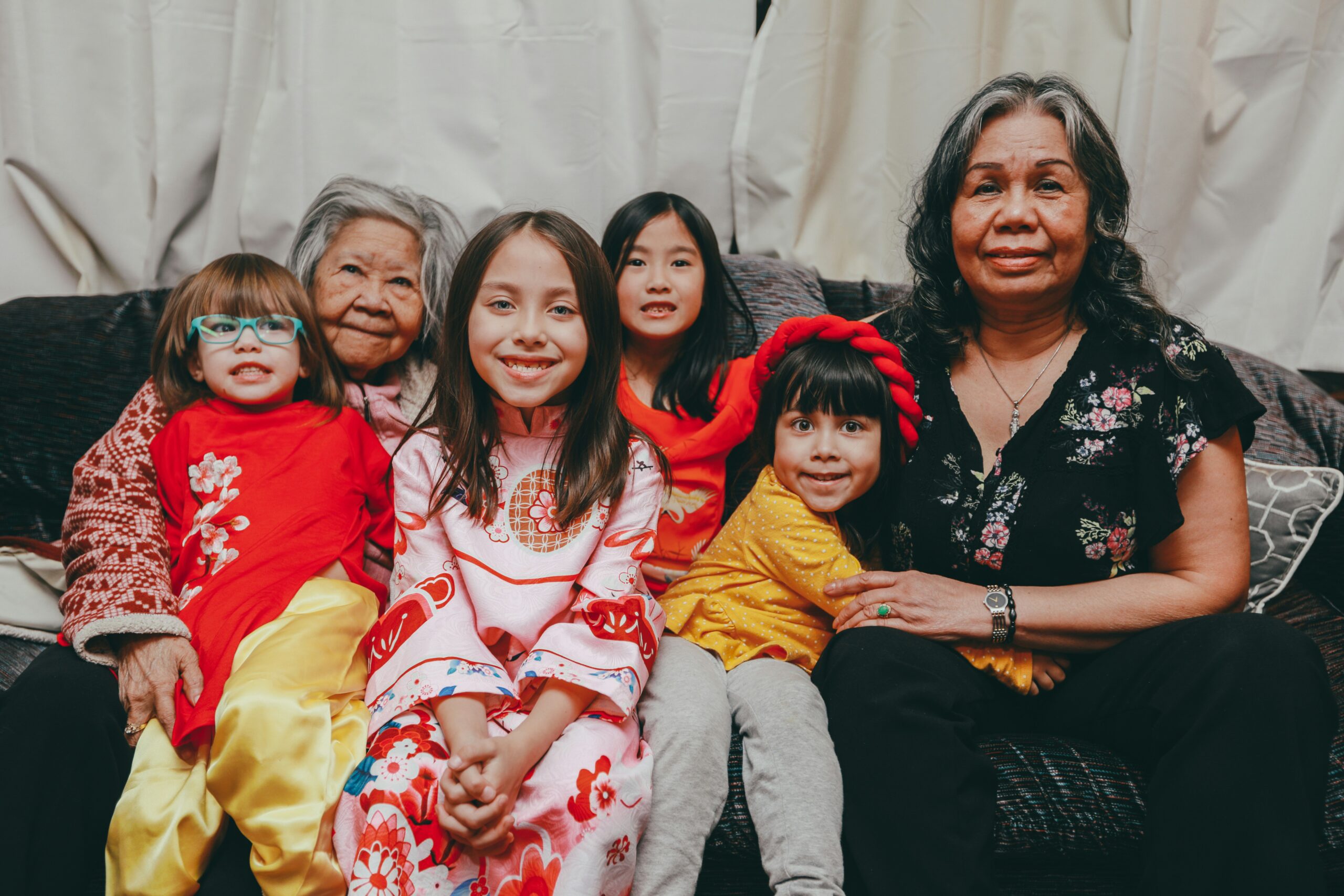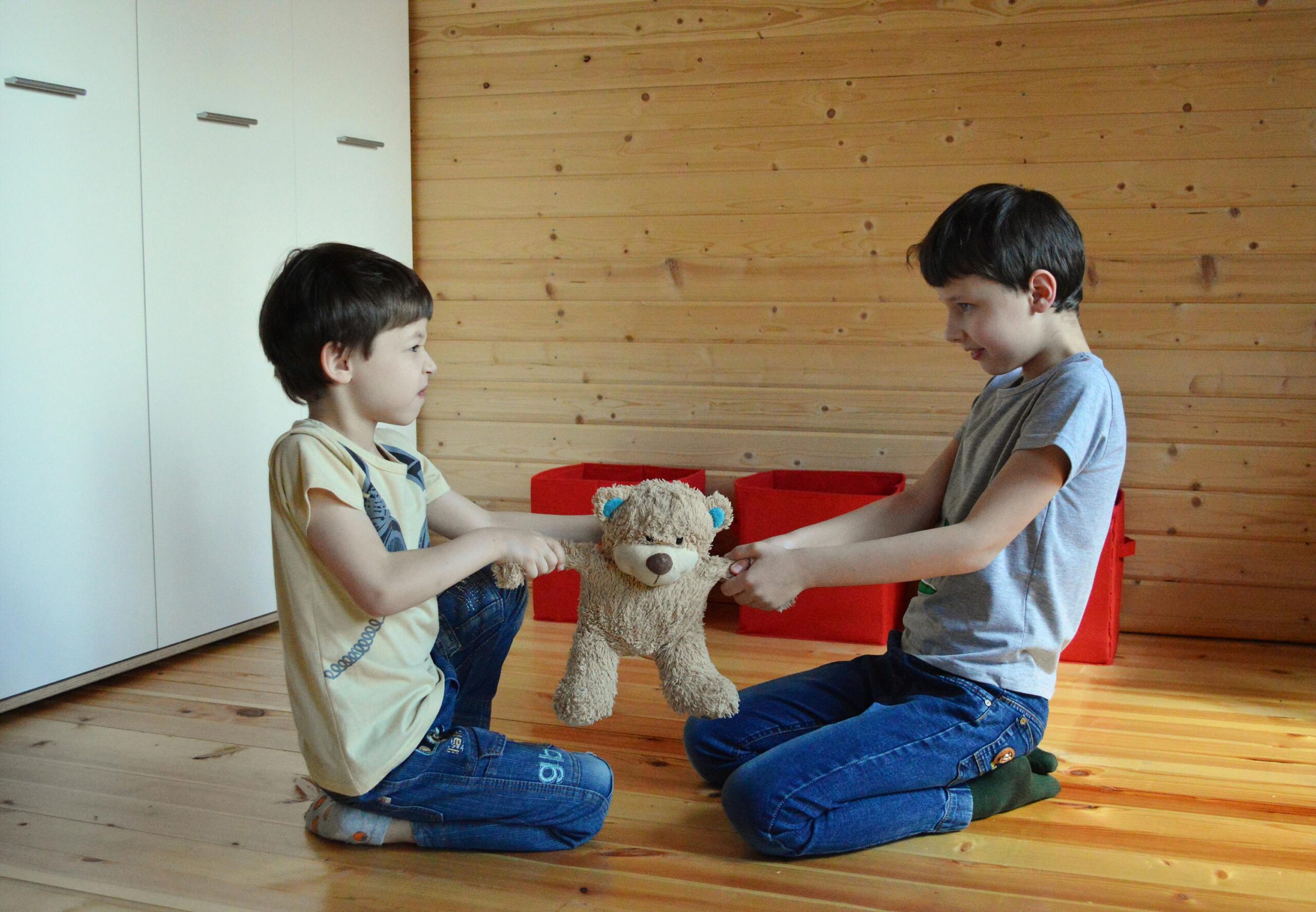Family dynamics play a crucial role in shaping our mental health and overall well-being. The closer and more supportive our family ties, the more likely we are to enjoy a healthier, happier life. According to Psychology Today, strong family bonds lead to reduced stress levels, lower depression rates, and enhanced longevity.

The interactions we have with our family members are pivotal in cultivating either healthy or complicated dynamics. Today’s families come in all shapes and sizes—single-parent households, blended families, nuclear families, and more. Each family navigates its unique path, and there’s no one-size-fits-all approach to functioning as a family unit. While some dynamics thrive, others can be unhealthy or dysfunctional. If you sense that your family dynamic leans towards the dysfunctional side, remember that it’s possible to reshape those interactions for a more positive atmosphere. Even families that seem healthy should regularly assess how they can enhance their relationships.
Interesting family arrangements exist too. For example, in some cases, grandparents take on the role of primary caregivers, while others choose not to have children at all. And let’s not forget about “chosen families”—longtime friends who become as close as or closer than blood relatives.
In functional families, members create a nurturing environment where everyone feels listened to and respected. Open communication flourishes, and emotions can be expressed without fear. Boundaries are respected, and positive reinforcement is a way of life.
On the flip side, dysfunctional families often struggle with  overwhelming negative emotions. Tension and anger can become contagious, infecting the entire household with stress. Growing up in a home where emotions are stifled makes it challenging for adults to establish healthy self-regulation and boundaries, often resulting in a cycle of chaos and misunderstandings. In these circumstances, family members might face constant arguments, hold grudges, or even cut off communication altogether. The absence of unity and empathy can chip away at self-esteem, potentially leading to higher risks of depression and anxiety. This chaotic environment stifles emotional expression, leaving individuals feeling guarded and judged without accountability.
overwhelming negative emotions. Tension and anger can become contagious, infecting the entire household with stress. Growing up in a home where emotions are stifled makes it challenging for adults to establish healthy self-regulation and boundaries, often resulting in a cycle of chaos and misunderstandings. In these circumstances, family members might face constant arguments, hold grudges, or even cut off communication altogether. The absence of unity and empathy can chip away at self-esteem, potentially leading to higher risks of depression and anxiety. This chaotic environment stifles emotional expression, leaving individuals feeling guarded and judged without accountability.
If your family is caught in dysfunctional patterns, remember that therapy can be a transformative step toward healing. Seeking help from a professional can guide you in redesigning family dynamics for a brighter future. You can find a therapist through Psychology Today—just enter your zip code and take the first step toward restoring harmony in your family. Your journey to healing starts here! Family dynamics play a crucial role in shaping our mental health and overall well-being. The closer and more supportive our family ties, the more likely we are to enjoy a healthier, happier life. According to Psychology Today, strong family bonds lead to reduced stress levels, lower depression rates, and enhanced longevity.
